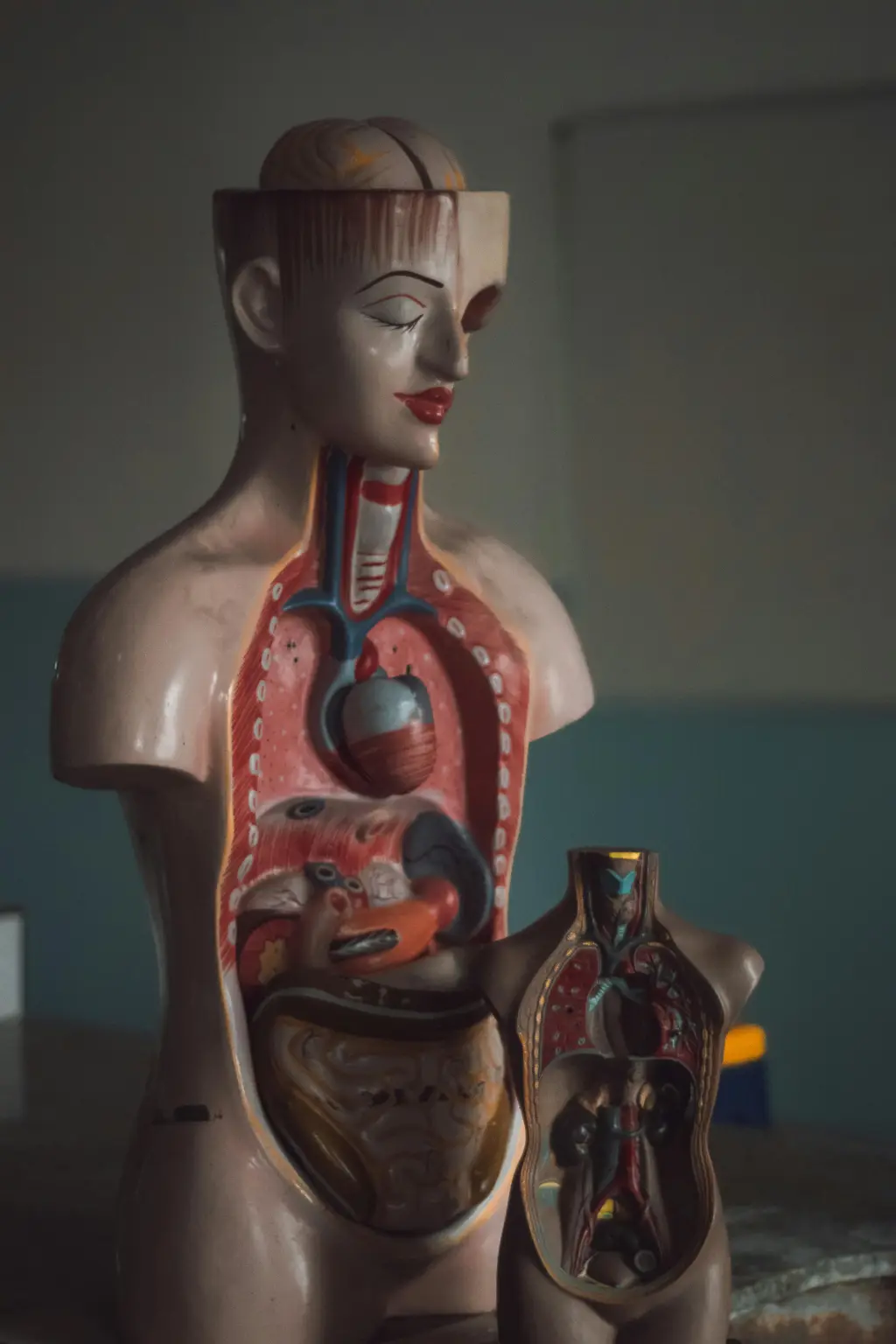The digestive system is a complex network of organs working in concert to break down food and liquids into their basic components—carbohydrates, fats, proteins, vitamins, and minerals. This breakdown allows the body to absorb essential nutrients, use them for energy, and build or repair cells.
How Digestion Works
Digestion starts the moment food enters the mouth. Chewing mechanically breaks down food into smaller pieces. This chewed food then travels down the esophagus to the stomach. In the stomach, food is mixed with digestive enzymes and hydrochloric acid, which further breaks it down. The partially digested food is then slowly released into the small intestine.
In the small intestine, the breakdown process continues. Here, digestive enzymes from the pancreas and bile from the liver aid in the digestion of proteins, fats, and carbohydrates. Nutrients are absorbed through the lining of the small intestine and enter the bloodstream.
The remaining food residue, now mostly liquid, moves into the large intestine (colon). The colon absorbs most of the remaining water and electrolytes. The colon also houses bacteria that ferment undigested food particles. The waste material, now in a semi-solid form, is then prepared for elimination.
Other organs play crucial roles in digestion:
- Liver: Produces bile, a digestive fluid that helps break down fats. Bile is stored in the gallbladder until needed.
- Pancreas: Produces digestive enzymes that are released into the small intestine. These enzymes are crucial for the digestion of proteins, fats, and carbohydrates.
Any remaining undigested food is expelled from the body through the rectum and anus, completing the digestive process.
Foods That Promote Digestive Health
Certain foods can enhance digestive health by supporting the gut microbiota, which consists of trillions of beneficial bacteria residing in the digestive system. A balanced microbiota helps improve immune function, maintain regular bowel movements, and reduce inflammation.
- Probiotics: These are beneficial bacteria that improve gut health. Foods rich in probiotics include yogurt and kefir (look for labels that state “live and active cultures”). Other sources of probiotics are fermented foods like sauerkraut, miso, and some pickles (check for “naturally fermented”).
- Prebiotics: These are substances that help beneficial bacteria in the gut thrive. Prebiotics are found in foods such as beans, whole grains, garlic, bananas, onions, and asparagus.
- Fiber: Adequate fiber intake is crucial for healthy digestion. Fiber adds bulk to stool, making it easier to pass through the intestines. There are two main types of fiber:
- Insoluble Fiber: Found in whole grains, wheat cereals, and vegetables like carrots, celery, and tomatoes.
- Soluble Fiber: Found in barley, oatmeal, beans, nuts, and fruits like apples, berries, citrus fruits, and pears.
For individuals who have difficulty consuming enough fiber through food, over-the-counter fiber supplements (available as capsules, chewable tablets, or powders) can be a helpful alternative.
Common Digestive Diseases and Conditions
Various diseases and conditions can disrupt the digestive process, often influenced by diet, lifestyle, or immune responses. Here’s an overview of some common digestive disorders:
- Gastroesophageal Reflux Disease (GERD): GERD is characterized by the backward flow of stomach acid into the esophagus, leading to symptoms such as heartburn (a burning sensation in the chest), nausea, a sour or bitter taste in the mouth, difficulty swallowing, sore throat, coughing, wheezing, and frequent throat clearing. If untreated, GERD can cause significant damage to the esophagus.
- Celiac Disease: This autoimmune condition involves an adverse reaction to gluten (a protein found in wheat, rye, and barley). The immune system’s attack on gluten damages the villi (tiny projections) in the small intestine, impairing nutrient absorption. Symptoms include diarrhea, fatigue, abdominal bloating and pain, and weight loss.
- Diverticulosis and Diverticulitis: Diverticulosis occurs when small pouches (diverticula) form and bulge out through weak spots in the colon wall. Many people with diverticulosis experience no symptoms, though some may have mild cramps, constipation, or bloating. If these pouches become inflamed or infected, it results in diverticulitis. Symptoms of diverticulitis include abdominal pain, tenderness, pressure in the lower abdomen, fever, nausea, vomiting, chills, cramping, constipation, and diarrhea. Complications of diverticulitis can be severe and may include abscesses, perforation, intestinal blockage, or fistulas.
- Inflammatory Bowel Disease (IBD): IBD is a group of conditions in which the immune system attacks the intestines, leading to inflammation. The two main types of IBD are Crohn’s disease and ulcerative colitis (UC). Crohn’s disease causes inflammation in the lining and deeper layers of the intestinal wall, leading to symptoms such as abdominal pain, diarrhea, weight loss, and fatigue. Ulcerative colitis affects the lining of the large intestine, causing ulcers and symptoms such as cramping abdominal pain, frequent bowel movements, and loss of appetite.
- Irritable Bowel Syndrome (IBS): IBS is characterized by recurring episodes of constipation, diarrhea, or both, along with abdominal pain, bloating, and gas. The severity and duration of symptoms vary; some individuals may experience mild, intermittent symptoms, while others may have more severe and prolonged episodes. IBS management typically includes dietary changes, medication, and stress management, though it does not increase the risk of IBD or colon cancer.
- Gallstones: Gallstones are hardened deposits of bile that form in the gallbladder. Most gallstones do not cause symptoms and may pass out of the body without issue. However, if they block the gallbladder or its ducts, symptoms may include abdominal pain, typically in the upper right abdomen, which may radiate to the right shoulder blade. If symptoms persist or the gallbladder becomes inflamed, surgical removal of the gallbladder may be necessary.
Maintaining digestive health involves a balanced diet rich in probiotics, prebiotics, and fiber, alongside managing any specific health conditions that may arise. If you experience persistent digestive symptoms or discomfort, it is important to consult with a healthcare professional for appropriate diagnosis and treatment.








